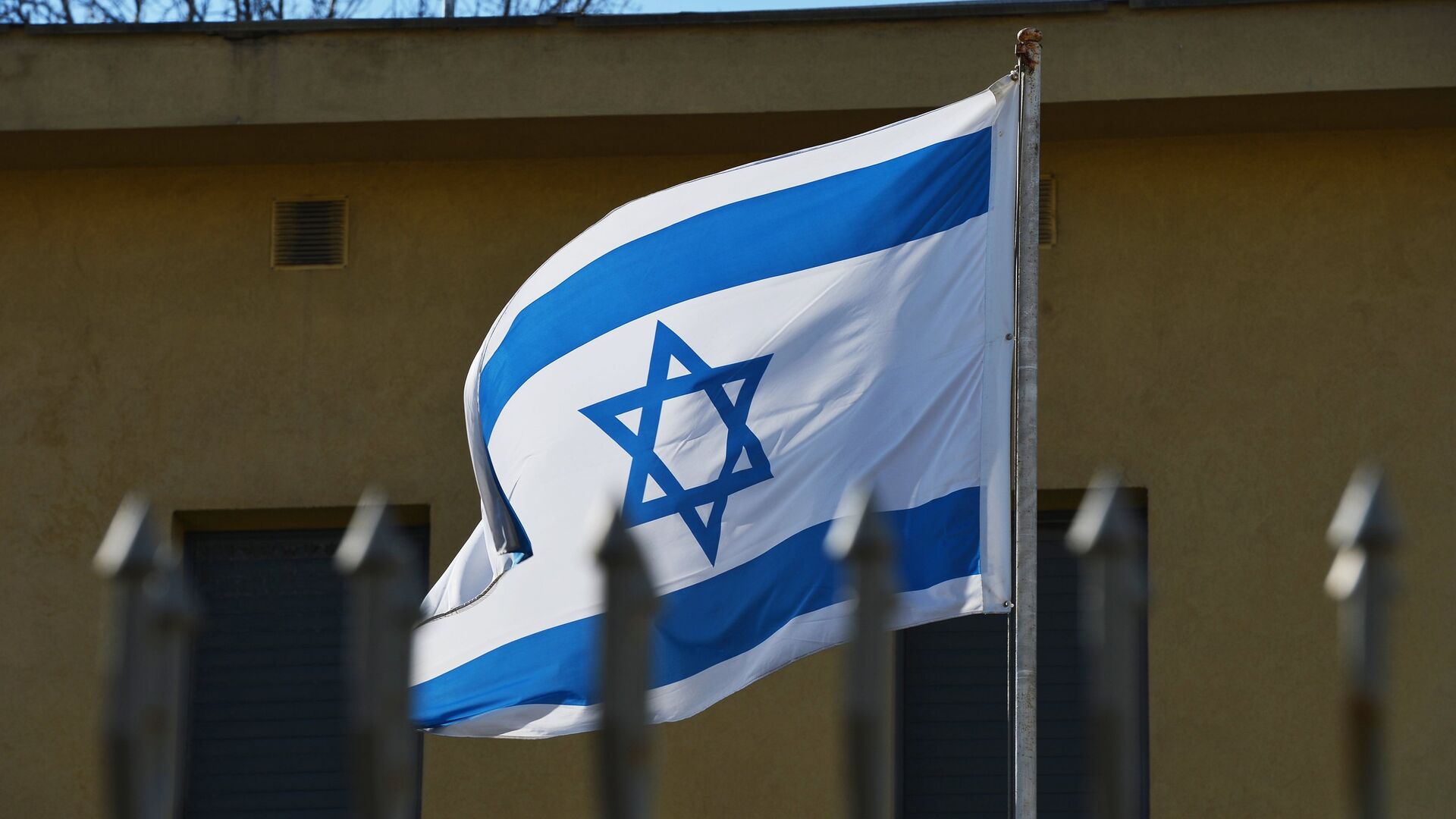After the economic shakeup of 2020, that has been associated with the coronavirus pandemic, Israel is going back on track.
In late April, the country's unemployment rate fell below 10 percent for the first time in several months, and authorities predict that that tendency will continue to improve.
Institutionalised Discrimination
But while the future looks bright for Israel's overall population, the country's Arab community continues to suffer from high unemployment rates, which often result in deep poverty.
According to recent reports, three out of five most unemployed Israeli cities are Arab, with Nazareth in the north topping the list: there 26.7 percent are jobless. Next in line is Umm Al Fahm, another major town in northern Israel; there 26.5 percent of residents are out of work.
Dr. Suheil Diab, a Nazareth-based political and social activist, who has been monitoring the situation closely, says these recent figures did not take him by surprise and he believes that the gaps are much wider than Israel's official statistics depict.
"The unemployment rates in the Arab sector are four times higher than those of the Jewish population. But it is not reflected in the statistics simply because the calculations are wrong."
Israeli law stipulates that unemployment is counted from age 21 onwards because the majority of Israelis serve in the IDF and are thus considered to be employed by the state.
In the Arab sector, the situation is different, as most youths do not serve in the military forces and hunt for a job soon after they finish high school, roughly at the age of 18.
Another factor that tends to be ignored is the status of Arab women. In accordance with age-old traditions, Arab society often tends to keep its women at home, and that means that at times they are not even counted. Nor are they included in the general statistics.
It is not clear whether these miscalculations have been done unintentionally, out of a basic lack of understanding of Arab society, or whether they were done on purpose, to pixilate the huge gaps between Israeli Jews and Arabs. But Diab suggests that it is part and parcel of Israel's discriminatory policy.
"Israel has built-in discrimination against the Arabs. They simply don't get the same rights when it comes to employment. Take for example governmental positions. According to the law, some of them should be allocated to Arabs. In practice, however, they occupy not more than two percent of those posts."
Part of the problem is that Arabs, many of whom are believed to have family ties in the West Bank or Gaza, are very often not trusted with governmental posts.
Another part of the problem is that they live in their northern or southern communities that are oftentimes disconnected from the big cities, where most of the posts are located.
"Most positions are located in the centre. Arabs, however, live in the south and in the north, where there are no vacancies and, more importantly, no transportation that can take them to work where work is."
Yet, this discrimination, says Diab, is not practised at the government level only and many private companies adhere to a similar discriminatory policy, opting to employ Jews over Arabs.
This is particularly true for security-oriented businesses that deal with sensitive topics and that thus require a relevant military background or for the hi-tech industry that are constantly on the hunt for programmers and engineers, a resource more common among Jews than Arabs.
Will the Situation Ever Change?
In the past, attempts have been made to tackle that inequality problem. In 2007, for example, it was decided that Israel would set a goal of allocating 10 percent of government posts to Arabs. Three years later, the country invested nearly $240 million into the Arab sector, creating jobs and connecting their cities and towns to bigger centres.
But Diab says that more efforts are needed to curb the spread of the alarming phenomenon, that has only gotten worse with the eruption of the coronavirus pandemic and the economic crisis it unkeyed.
"There are plenty of things the government could have done. They could lift the average salary and push the income of the elderly up. They could change the unemployment law to list people from 18, not 21 as it is now. They could improve the infrastructure to make it easier for Arabs to reach their workplace or they could remove the institutionalised discrimination."
Nevertheless Diab is not losing hope and says that the developments of the past year and a half have pushed many people in Israel and the world to demand a change.
"President Biden, for example, has realised that he didn't have a choice but to change the economic policy of the US. Israel will not have an option either and if it doesn't change its capitalistic approach, it might face a revolution and it won't be a picnic like the one we had in 2011," said the expert referring to the protests that demanded a socio-economic change.


